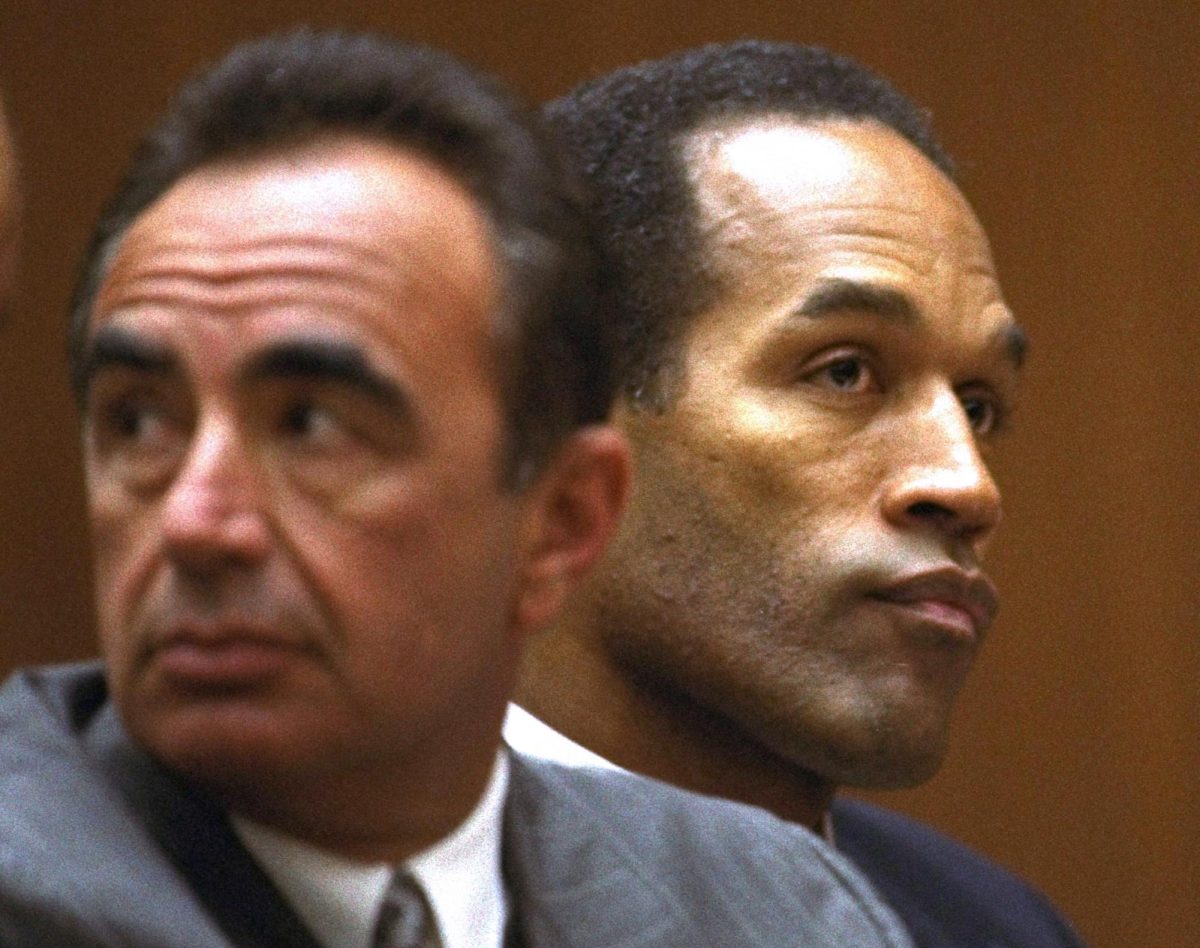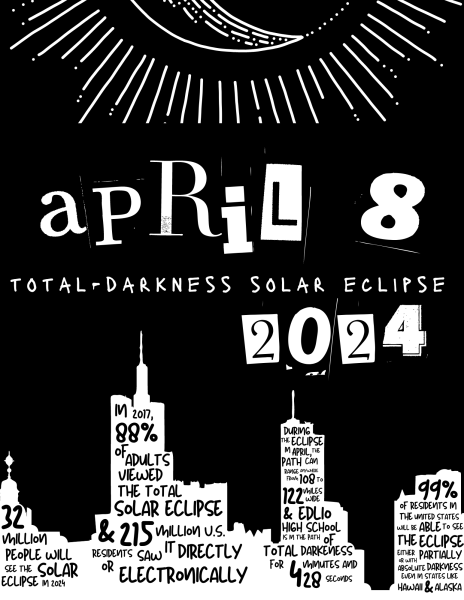High School Students Should Discuss Mental Health
September 1, 2016
Mental Health Month came and went in May without recognition. Why should we recognize mental health now? We need to examine our mental health for the same reason we should be nice to our mothers even when it’s not Mother’s Day and we are patriotic even when it’s not the Fourth of July.
The U.S. Department of Health and Human Services (HHS) said one in five teens has a “diagnosable mental health disorder.” HHS said, “nearly one-third show symptoms of depression.”
Even with this obvious need, a study by the American Journal of Psychiatry showed that 80 percent of students needing mental health services did not receive them.
Mental health is widespread, but my classmates often brag about their dangerous lack of sleep or try to laugh off their anxiety attacks about college admissions.
Why are we not having conversations about depression, anxiety, unmanageable stress and sleep deprivation that we experience? Students tire of hearing the mental dangers they face when there seems to be no solution.
Is there a solution to this problem, or should high school students continue trudging through life?
HHS recommends promoting resilience among teens. This vague attitude can be found by maintaining “an easy-going disposition,” exercising regularly, and taking courses in social-emotional learning.
While these recommendations are good, I don’t want to commit myself to another time-consuming task.
Instead, I follow the advice of Mrs. Knabe, my junior-year psychology teacher (and informal life coach): “Identify things you can start today that would be meaningful in your life.”
I power pose in front of my mirror to build my confidence.
I mentally list events where I have been truly happy.
I remember my worst days and compare them to the day I just had to make myself feel better about my current situation.
I happily remind myself that I am no longer in eighth grade and I can pursue who I want to be.
This simple list helps me with every day stress. This is not a list that can fix mental health diseases such as depression, anxiety or bipolar disorder. Those diseases are an epidemic that one can learn to cope with through conversations with a mental health professional (such as those at Chestnut Health Systems at 888-924-3786).
The National Alliance on Mental Health encourages all citizens to “take action today to help others as we fight stigma, provide support, educate the public and advocate for equal care.”
This is a lofty goal, yet we can improve our own happiness one day at a time, while working to help those who can’t. After all, September is National Recovery Month.




















